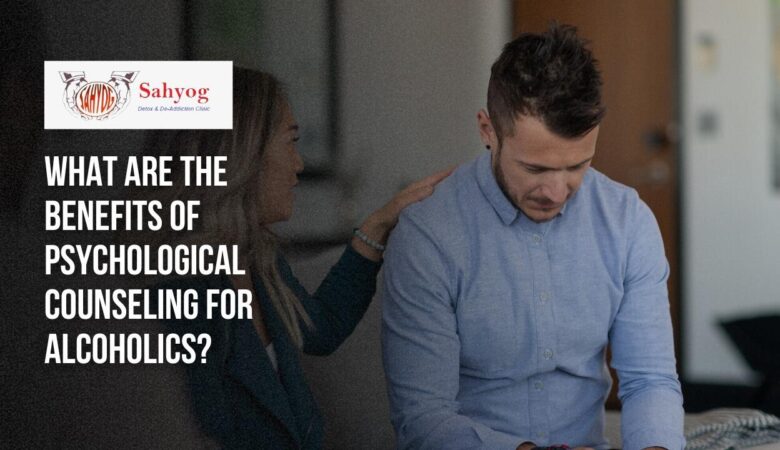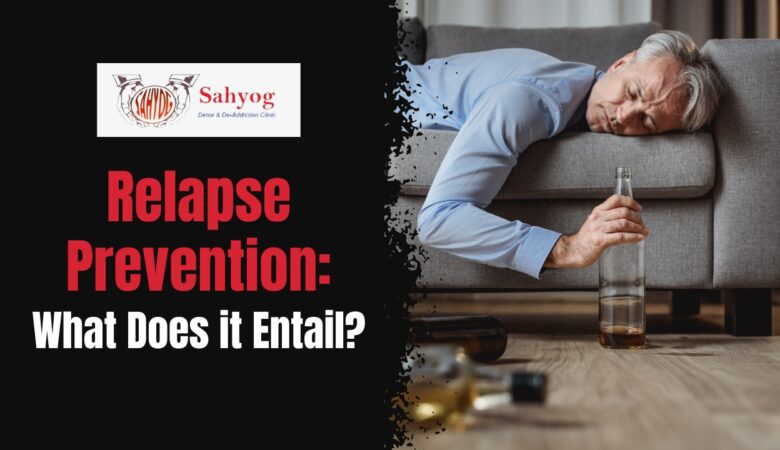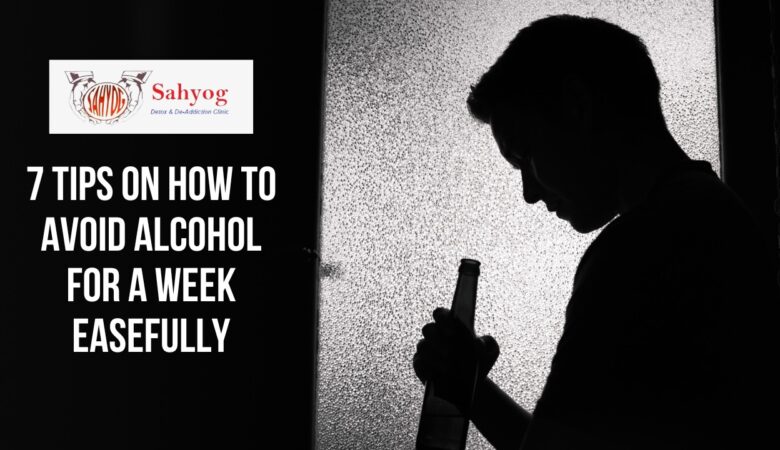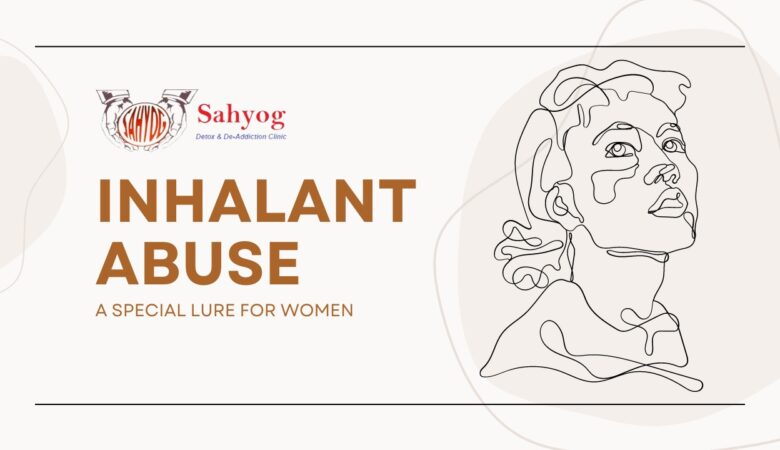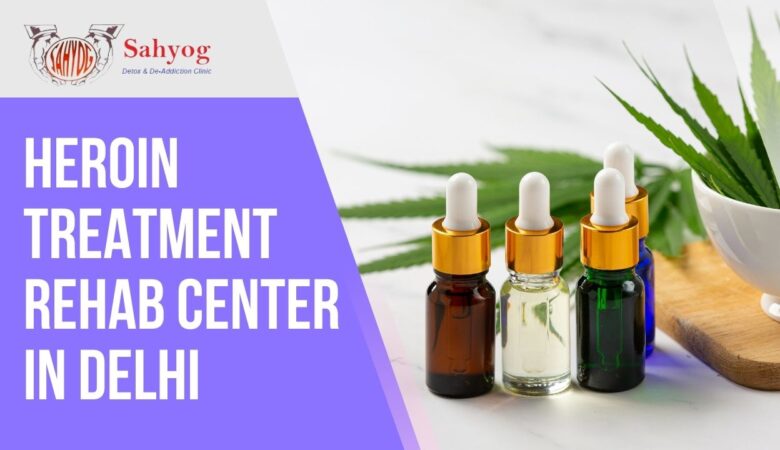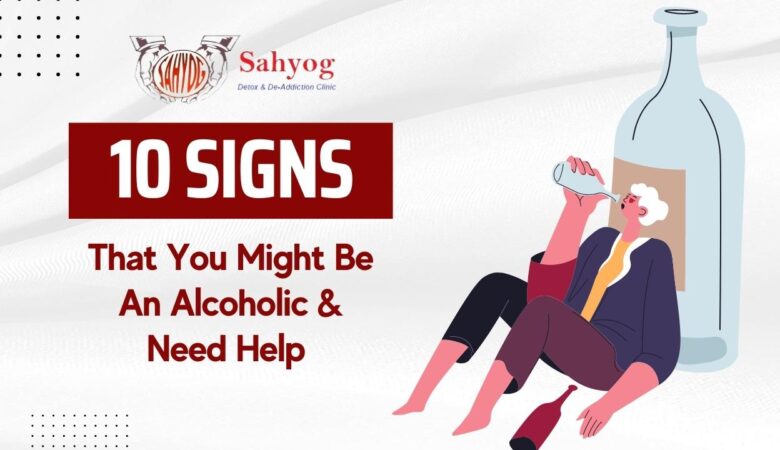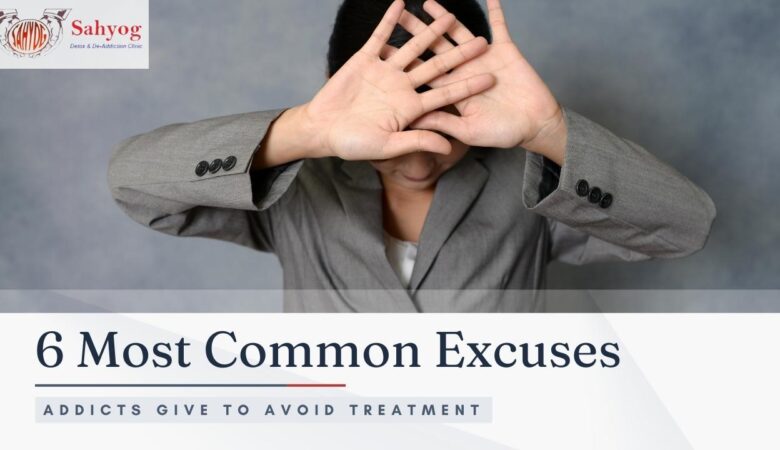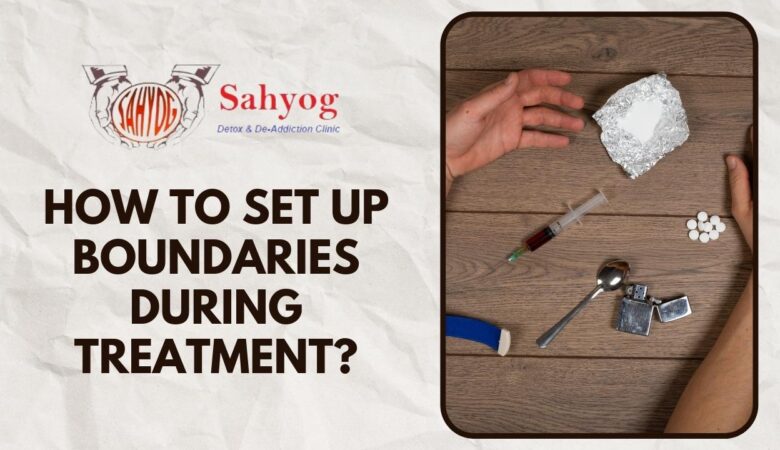What are the benefits of psychological counseling for alcoholics?
For some people, giving up alcohol entirely can be an overwhelming prospect. If you’re having trouble cutting back on your drinking habits, or you’re unable to stop drinking at all, it may be time to consider psychological counseling as an option for overcoming your addiction. Through this treatment method, you’ll gain valuable tools and insight into how your addiction developed, what triggers it, and how to overcome it in the future. Plus, you’ll learn methods of coping with stress and other emotional or mental problems that alcohol abuse can create or exacerbate. Although an increasing number of people are seeking alcohol treatment in San Diego, alcohol addiction continues to claim countless lives each year due to the lack of effective treatment options. Luckily, many of these issues can be remedied through the implementation of psychological counseling in alcohol rehab programs. Psychological counseling helps patients address some of the underlying issues that contribute to their substance abuse, such as low self-esteem and past traumas or grief. If you or someone you love is struggling with alcohol addiction, psychological counseling can help make your recovery more effective and ensure your long-term sobriety. Here are three benefits that psychological counseling can provide. Individual Counseling Alcoholism is a serious issue that can have a negative impact on every area of your life. If you’re struggling with alcoholism, you may feel like you’re powerless to stop drinking. But there is hope. Counseling can provide you with the tools you need to overcome alcoholism and get your life back on track. It’s important to remember that addiction recovery is a process and not an event. It takes time, patience, commitment, and dedication to recover from addiction and learn how to live soberly in sobriety. An individual counselor will work closely with you to explore any underlying issues that may be contributing to your alcohol use. Through individual counseling sessions, they’ll help you come up with personalized goals and develop strategies for achieving them. A therapist will also teach you coping skills so that when stressors arise, you know how to manage them without resorting to substance abuse. For example, if your therapist helps you identify anxiety as a trigger for drinking, he or she may suggest relaxation techniques such as deep breathing or meditation. Individual counseling can also teach you social skills to replace those learned through frequent alcohol consumption. In addition to helping you build new habits, counsellors can offer insight into what triggers relapses and make recommendations about what strategies might work best in these situations. And because your counselor understands the nature of addiction better than anyone else, he or she can quickly identify warning signs that you may be experiencing cravings. When cravings strike, it’s crucial to acutely—counsellors have plenty of ideas about how to do this. They may recommend phone calls to friends who are also in recovery, going for a walk around the block, calling their sponsor and reading passages from their favourite book aloud. Group Therapy Alcoholics Anonymous (AA) is a twelve-step program that helps to recover alcoholics achieve sobriety. One important element of AA is group therapy, where members share their stories and experiences with one another. Group sessions provide feedback and advice on managing withdrawal symptoms like anxiety, which can help people stay sober in the long term. Research has shown that people who participate in AA groups are more likely to maintain abstinence from alcohol after six months than those who don’t attend these meetings. It’s also been found that people who meet regularly with other recovering alcoholics have better mental health outcomes, including lower rates of depression and improved life satisfaction. It might seem counterintuitive at first glance, but connecting with others going through similar struggles actually improves our sense of self-worth and builds up our coping skills. Attending group sessions teaches us how to deal with difficult situations without turning back to alcohol or drugs. In addition, many recovery programs recommend regular attendance at support groups like AA because they’re an effective way of maintaining sobriety over time. The most famous support group for alcoholics is AA, but there are plenty of alternatives such as SMART Recovery, Secular Organizations for Sobriety (SOS), and Women For Sobriety. These organizations use various techniques like cognitive behavioural therapy to help individuals change destructive behaviours. Couples’ Counseling Psychological counseling can help alcoholics in several ways. First, it can help them understand why they drink and what triggers their drinking. Second, it can help them develop coping mechanisms to deal with their triggers. Third, it can help them build a support system of friends and family who will help them stay sober. Fourth, it can help them develop healthy lifestyle habits that will support their sobriety. Finally, it can help them find meaning and purpose in sobriety. For example, a man may come to see his wife as more than just someone he has arguments with; he may start looking at her as someone he wants to spend time with instead of avoid because she reminds him too much of his own past self. In this way, psychological counseling can have profound impacts on an alcoholic’s life by reducing the risk factors for relapse or recidivism. Couples’ Counseling: Psychological counseling can help alcoholics in several ways. First, it can help them understand why they drink and what triggers their drinking. Second, it can help them develop coping mechanisms to deal with their triggers. Third, it can help them build a support system of friends and family who will help them stay sober. Fourth, it can help them develop healthy lifestyle habits that will support their sobriety. Finally, it can help them find meaning and purpose in sobriety. Family Intervention Alcoholism is a serious problem that often requires professional help to overcome. One form of professional help is family intervention. Family intervention is when a group of people, usually close relatives, confront an alcoholic about their drinking issue to get them to seek treatment. Family members have numerous reasons
